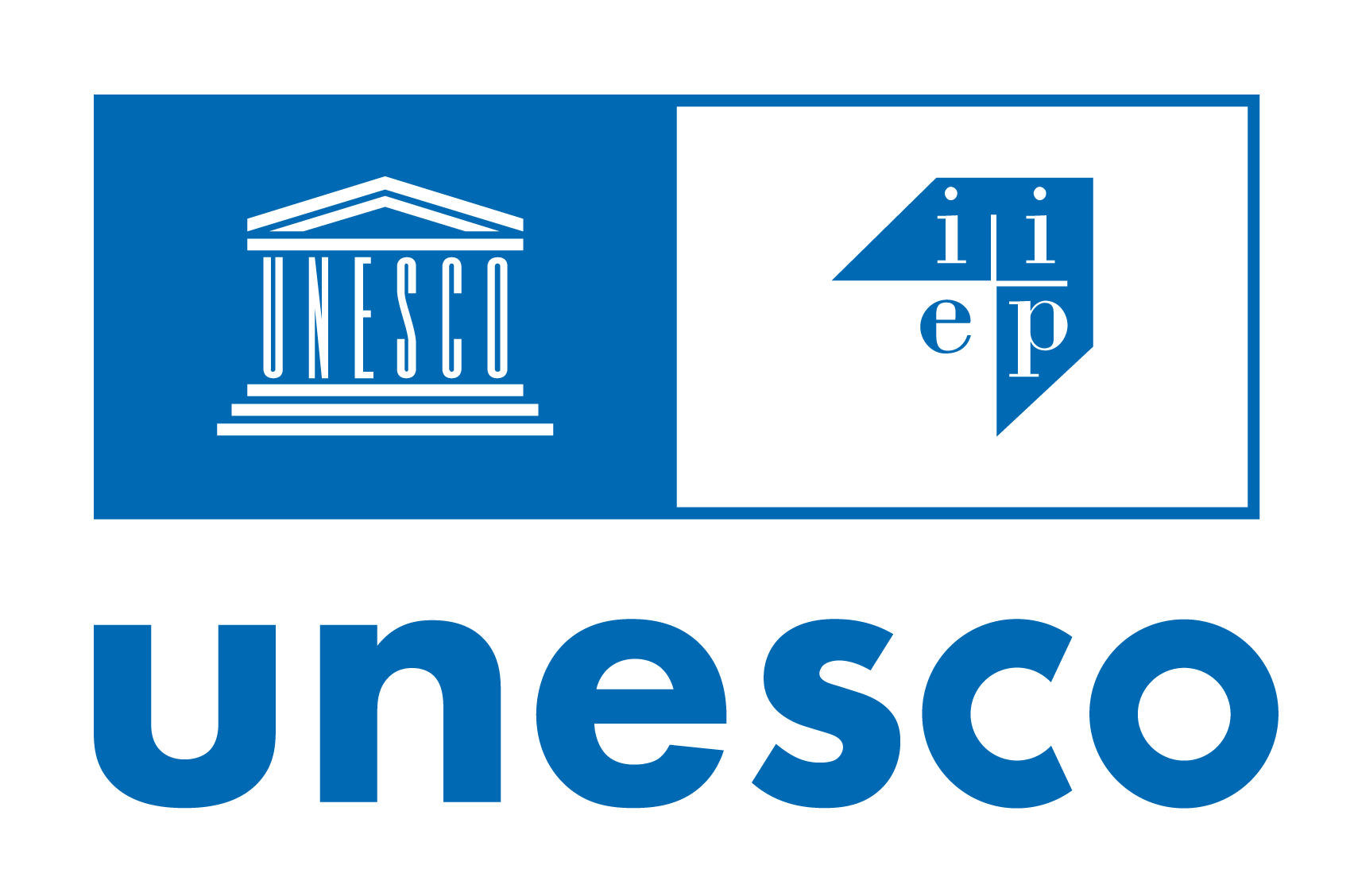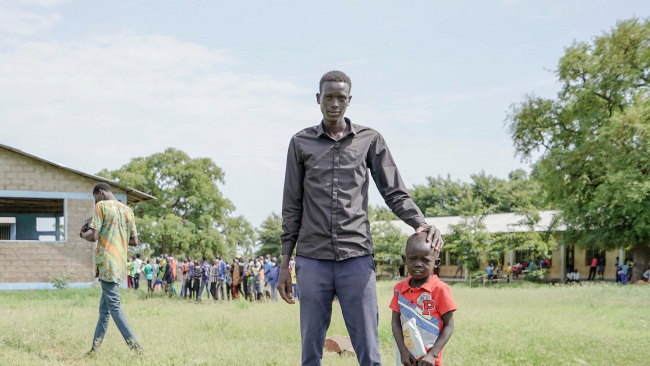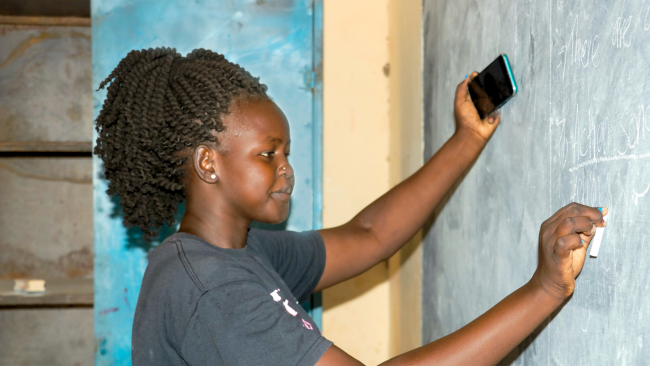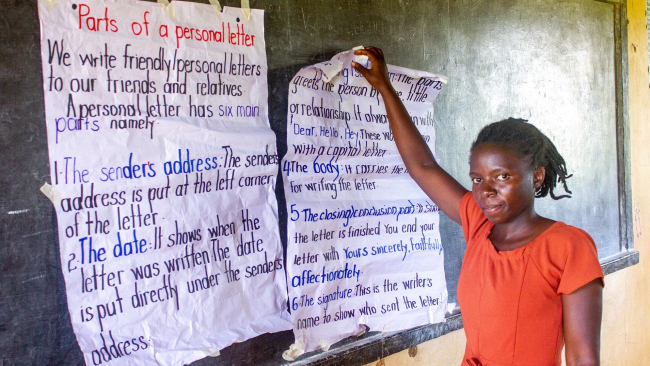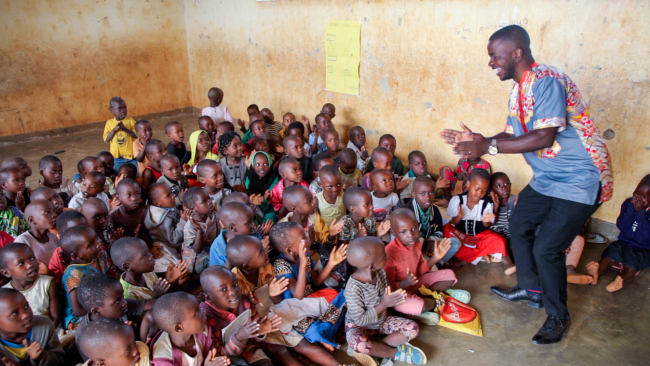Is capacity development in fragile states feasible? Is it possible for outsiders to help turn around a state which has experienced profound civic conflict? This report argues that external support to national capacity development is possible and may even be indispensable. But it also argues that, while many of the good practices for capacity development for educational planning and management are the same, fragile states pose some additional challenges. Strategies therefore need to take into account different situations of fragility. This report also presents a few common dilemmas for practitioners. Overcoming these dilemmas, such as working with state or non-governmental actors, is often about finding the right balance in the specific context. Strategies for capacity development must be based on a long-term perspective that seeks to build trust and improve coordination. Yet it is critical to stress the importance of planning, setting goals and measuring outputs along the way. When working in fragile situations, flexibility is essential as states may rapidly become more fragile or less fragile, resulting in a direct effect on capacity development efforts. If properly designed, however, capacity development interventions may also reduce fragility through efficient educational planning and management.
Année
2009
Pages
34
Séries
Rethinking capacity development
Type de ressource
Langues
